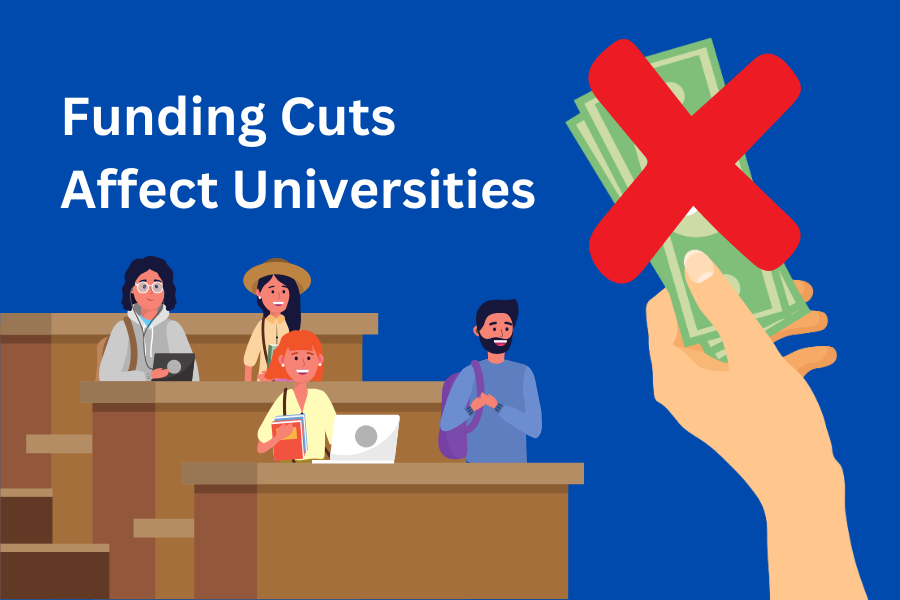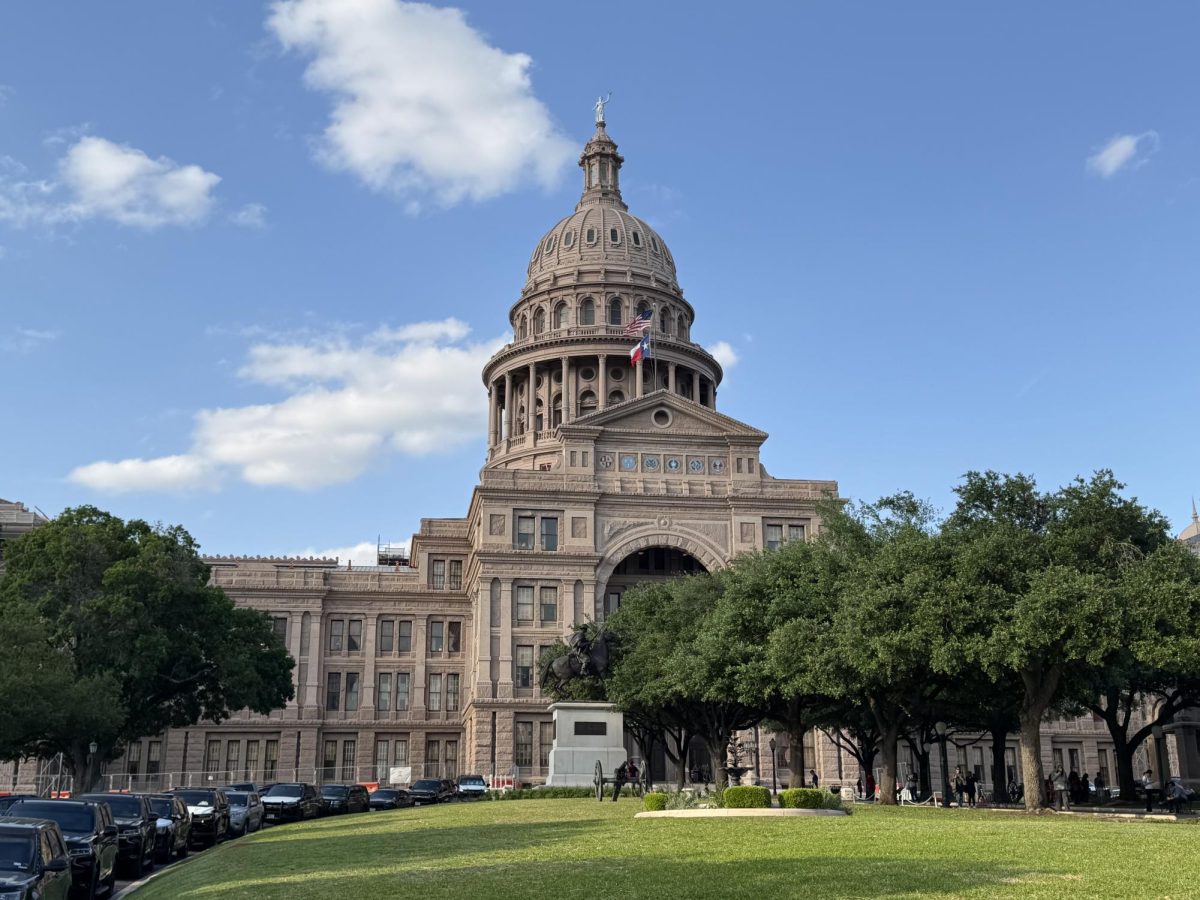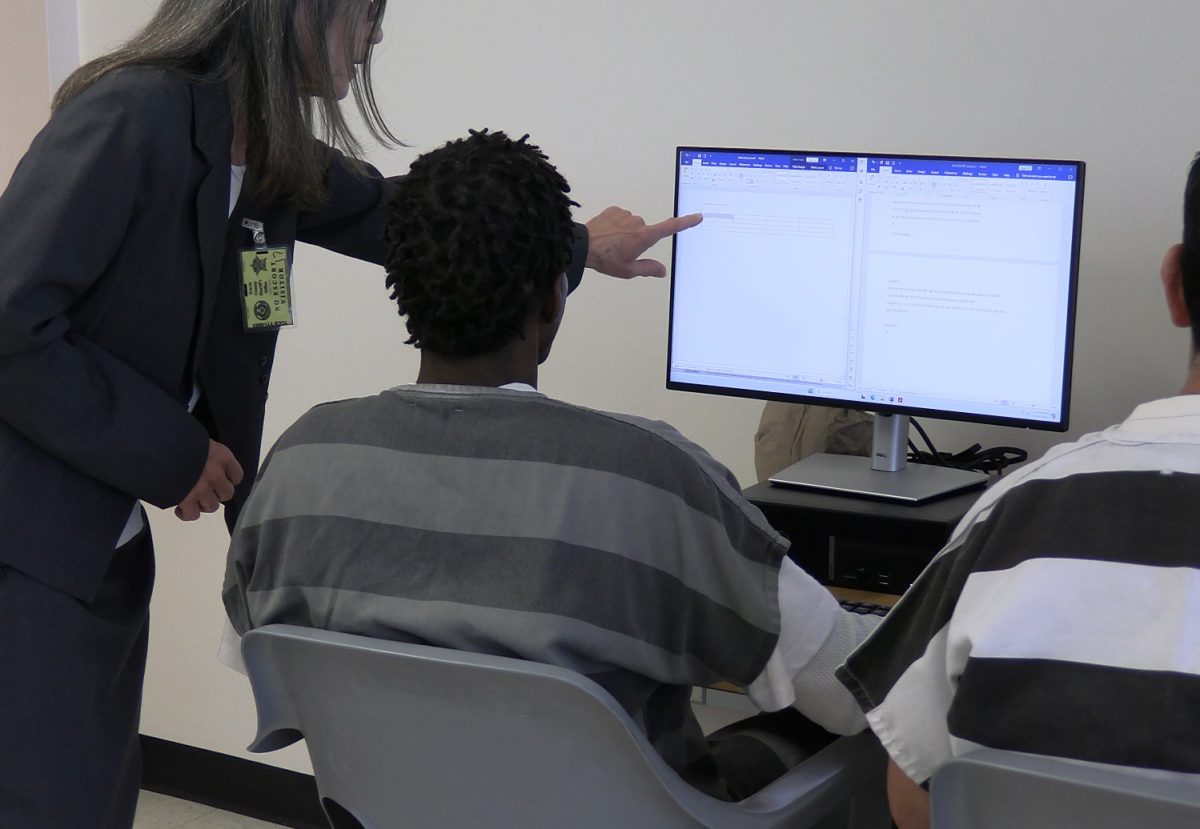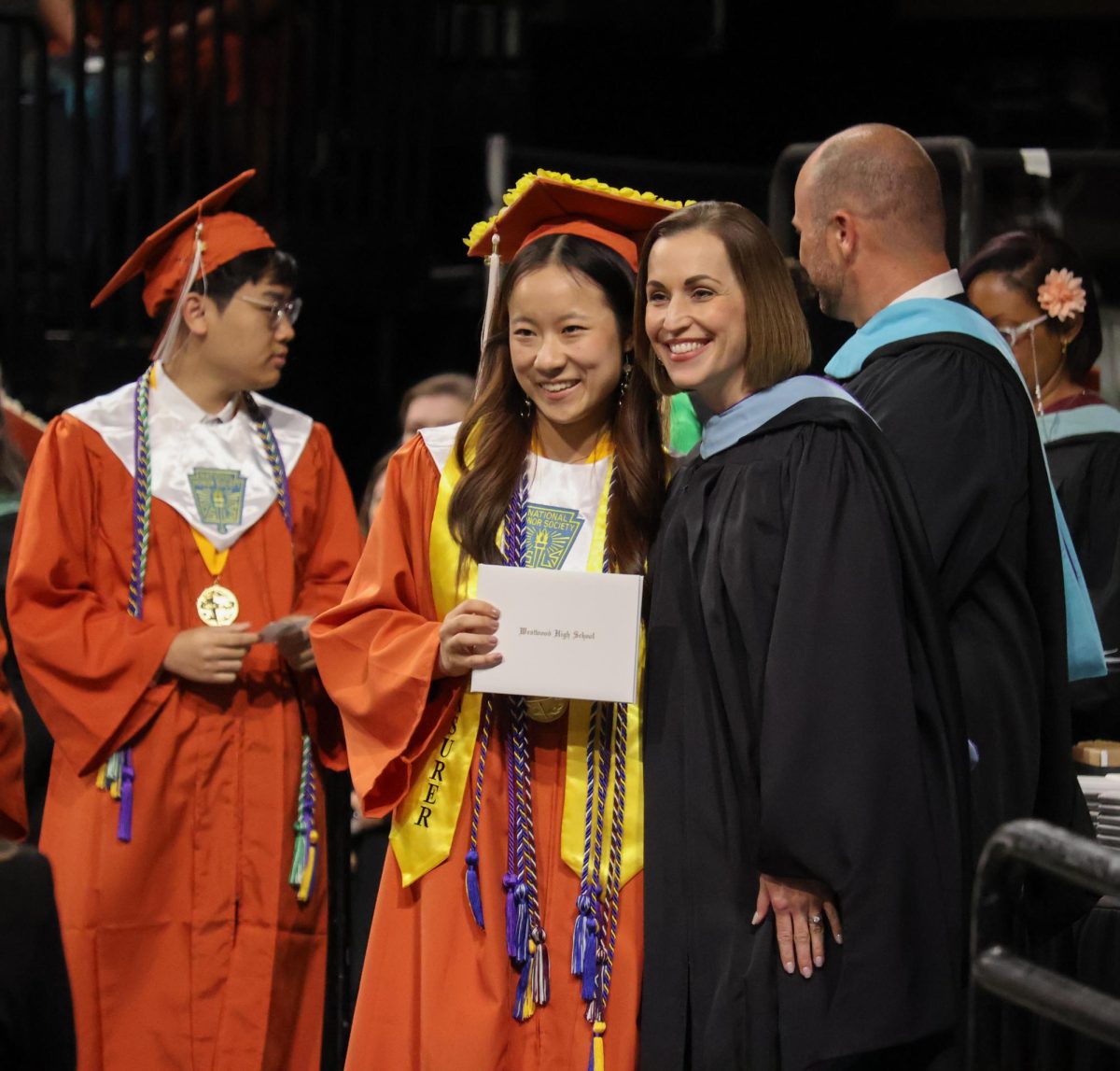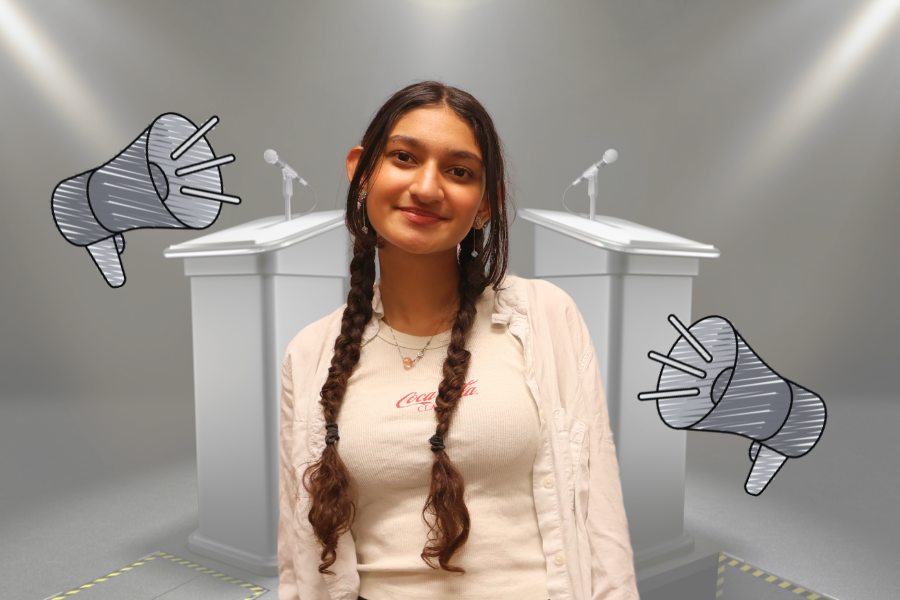As President Trump and his new administration settle into office, the state of education in America has undergone a litany of changes. From threats to abolish the Department of Education to policies regarding diversity being rolled back, the landscape of public education is ever-changing. In the midst of all this change, however, is rampant pushback from educational institutions nationwide. Perhaps one of the most notable examples of this pushback can be seen at Harvard University in Boston. Harvard refused to eliminate diversity, equity, and inclusion (DEI) programs despite the Trump administration’s orders, resulting in over $2 billion dollars in federal grants and funding being frozen.
Harvard’s pushback to funding cuts is especially important, due to the university’s reputation for being one of the most prestigious educational institutions in the world, with a long history of producing presidents, scientists, and researchers who have used Harvard’s education to transform the world. Harvard’s reaction to these funding cuts could set a precedent for how every other university responds to future challenges.
However, despite Harvard’s fight against funding cuts, the sheer pressure of the Trump administration has forced Harvard to take preemptive measures, such as cancelling funding for affinity group celebrations, such as black graduation, an annual event held by the Harvard Black Graduate Student Alliance (BGSA), which aims to celebrate the achievements of black students at Harvard. These funding cuts have drawn national attention, due to their unprecedented size, and massive potential impact on other universities that rely on DEI programs. For some students, these funding cuts aren’t merely flashy acts that intend to scare schools into compliance — rather, they have far-reaching impacts on the world.
“I think [the cuts] are really dangerous,” Chaaya Annamreddy ‘27 said. “University research is a huge part of a bunch of innovations, especially medical innovations. A lot of pharmaceutical innovations [are] done through [universities]. So when we cut back all this funding, that has [impacts on] health [in the] U.S. and even [the rest of] the world.”
Though major universities like Harvard stand at the forefront in the battle against funding cuts, many also fear the impact of these funding cuts on public educational institutions that are already struggling with funding issues. In particular, many are anxious about what could happen to Westwood. As the Trump administration cuts funding to various educational institutions, many are uncertain about potential cuts to club funding, DEI programs, and even changes in staff hiring procedures.
“[If] Westwood does say yes [to rollback of DEI programs], then that would cause a huge loss of minority representation in Westwood, whether that’s either less teachers being hired or less minority students coming to Westwood,” Brijnandan Saranu ‘27 said. “[If] they ignored it, it [would] cause massive funding cuts, which would obviously lead to even more teachers leaving, and [it would result in] worse education overall.”
Students’ fear of funding cuts to Westwood are magnified by the belief that public schools like Westwood are uniquely vulnerable to funding cuts, as many believe private schools like Harvard have deep pockets that help cushion negative impacts of funding cuts, while smaller schools such as Westwood, could lose substantial portions of their funding.
“[A lot of] these higher education institutions, [especially] public schools, are already dealing with a lot of state and local [level] funding cuts,” Anushka Gupta ‘26 said. “Peeling back DEI [funding], especially in the state of Texas, would have negative [impacts on] these public schools in that some of the funding [cuts] might [hurt] programs promoting inclusivity that are trying to help students rather than harm them. [At] that point, it isn’t even about DEI’s goals and its advantages, it’s just [that] this amount of money won’t be going to public schools anymore.”
Though the punishment of funding being stripped from programs is severe, many students also worry about how funding cuts signal that the Trump administration is willing to go to great lengths in order to achieve its goals, making the future volatile and frightening.
“Harvard [is] like the largest institution and has the most funding from its donors,” Ethan Andrew ‘26 said. “The more important part is the sort of precedent that this sets, that the government can revoke funding at any time if it’s not abiding by the ideology of the political party, which is a huge problem because it’ll regress to politicizing education, which obviously is something that should be separated from your political views.”
In the wake of these funding cuts, students feel more unsettled than ever, and many believe that funding cuts to universities due to implementation of DEI programs will not only hurt educational quality, but also the students themselves. For many students, the next few months could determine the course of the rest of their lives.
“[Current policies are] definitely [going to] affect my chances of acceptance into certain higher education [institutions] and universities when I graduate,” Annamreddy said. “[If DEI programs are removed,] it’s going to be harder for me to get into certain spaces.”

